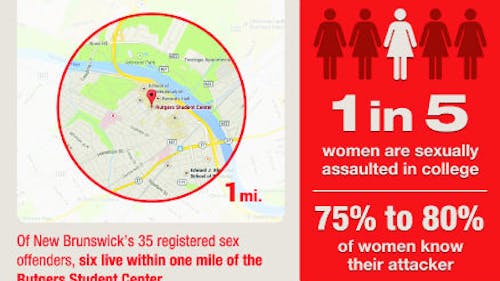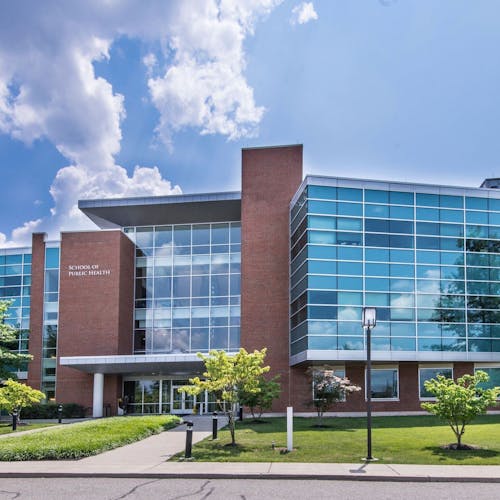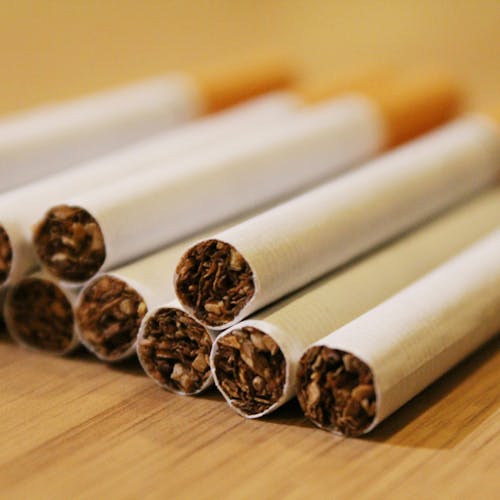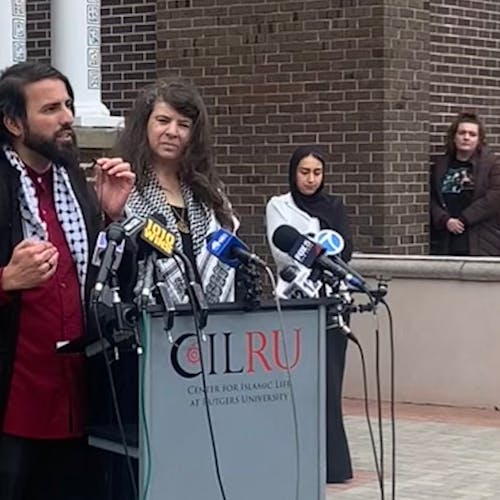Rutgers to join federal sexual assault initiative

The White House has called upon Rutgers for a special initiative on sexual assault.
The University plans to conduct a survey for a national task force, called “Protect Students from Sexual Assault,” according to the first report released yesterday by the White House.
The U.S. Department of Justice’s Office on Violence Against Women plans to work with the University’s grantees to conduct the survey and further expand on the methodology.
According to the task force’s first report, one in five women are sexually assaulted in college, most frequently in their first or second year. College men are also sexually assaulted, but it is more difficult to gauge the exact number.
In about 75 to 80 percent of the cases, the victim knows her attacker, according to the same report.
Although the task force is a national effort, it sheds light on the pervasiveness of sex crimes at colleges, including Rutgers.
As of April 22, of New Brunswick’s 35 registered sex offenders, six live within one mile of the Rutgers Student Center on the College Avenue campus, according to data compiled from the data on New Jersey’s Sex Offender Registry’s website. Twenty-nine live within two miles, and the closest lives within 0.4 miles.
According to the same website, the offenders committed their crimes from 1983 to 2009. Aggravated sexual assault was the most common offense, followed by sexual assault of a minor and endangering the welfare of a child.
Three of the 10 registered offenders in Piscataway live within five miles of the Busch Campus Center, and seven live within 10 miles of the BCC. Sexual assault of a minor was the most common crime from 1986 to 2010, and criminal sexual contact with a minor was also frequent.
The information gathered was provided through Megan’s Law, a series of informal policies that require law enforcement authorities to disclose information regarding sex offenders to the public. Megan’s Law is based on the assault and murder of 7 year-old Megan Kanka of Mercer County, New Jersey, in 1994.
Currently, no laws exist regarding the presence of sex offenders living near college campuses.
In response to the sex offender registration, EJ Miranda, senior director of Media Relations, said via email the Rutgers University Police Department strictly adheres to Megan’s Law, the New Jersey Attorney General’s and the County Prosecutor’s guidelines.
The New Brunswick Police Department and RUPD routinely patrol off-campus areas in the Fifth and Sixth wards, as well as other locations around campus.
In the same statement, he said Rutgers and New Brunswick have formed a Neighborhood Police Team in which officers from each department patrol in the same vehicle.
RUPD increases its public safety presence in the College Avenue area on Thursday, Friday and Saturday nights during the school year in an effort to deter criminal activity and provide additional public safety response if the need arises, he said in the email.
Approximately 2,700 security cameras with recording capability currently operate on the New Brunswick and Piscataway campuses, he said, and the cameras serve both as a deterrent to crime and an investigative tool in the event of an incident.
“Rutgers takes the safety of the University community very seriously, and we work with the New Brunswick Police Department and other neighboring law enforcement agencies to make Rutgers a safe environment in which to live, work and study,” he said in the email.
Laura Luciano, the assistant director of the Office for Violence Prevention and Victim Assistance, defined a sexual assault survivor as an individual that has experienced an act of sexual violence.
“We use the term ‘survivor’ because it’s someone who survived a traumatic incident,” she said.
She said crisis intervention is available for students, faculty and staff full-time. In crisis intervention, survivors can speak with different individuals and discuss their options.
Survivors of sexual assault can ask for forensic and medical exams in the wake of their incident, as well as counseling and advocacy.
Counseling is one-on-one and is provided free of charge to all University students regardless of insurance.
Advocacy is a series of responses provided for survivors of sexual assault. Responses differ from one individual to another.
“Challenges for survivors really vary based on their experiences and what process they’re engaging in,” Luciano said.
Some survivors choose not to report to law enforcement, and VPVA also supports their choices.
VPVA has helped survivors move to different residence halls, obtain extensions for papers or absences for exams. It also assists with understanding the technicalities of the legal system.
Outside of the guidance of the office, Luciano said self-care is an integral step to coping with sexual assault. Examples of self-care include exercise, journaling and meditation as well as developing and maintaining a reliable support network.
“People that are around them that are supportive, non-judgmental and caring are what I say people kind of do need,” she said.
Various self-care activities help survivors regain feelings of safety and security, she said, as well as trust.
Although VPVA focuses much of its concentration on sexual assault and sexual violence, Luciano said the office also deals with issues of domestic violence and stalking.
Sarah Kaye, president of Women Organizing Against Harassment, an on-campus group that strives to eradicate sexual assault, sexual harassment and gender violence, defined sexual harassment as unwelcome physical or verbal advances.
Kaye, a School of Arts and Sciences junior, said 99 percent of women have experienced street harassment, although men get sexually harassed as well.
She said sexual harassment is not exclusive to one gender, but sexual harassment toward women is often a type of sexual justification.
“[It’s about] either telling or speaking about how somebody looks and how wonderful and sexually appealing they look. … or you can talk to the alternative, about how sexually unappealing they look,” she said.
WOAH aims to educate students about the impact of sexual harassment through community workshops, Kaye said.
“We have to change the narrative to how we can stop people from harassing one another,” she said. “What are ways to stop harassment in a community? And that’s teaching and engaging in narratives about respect and consent.”



